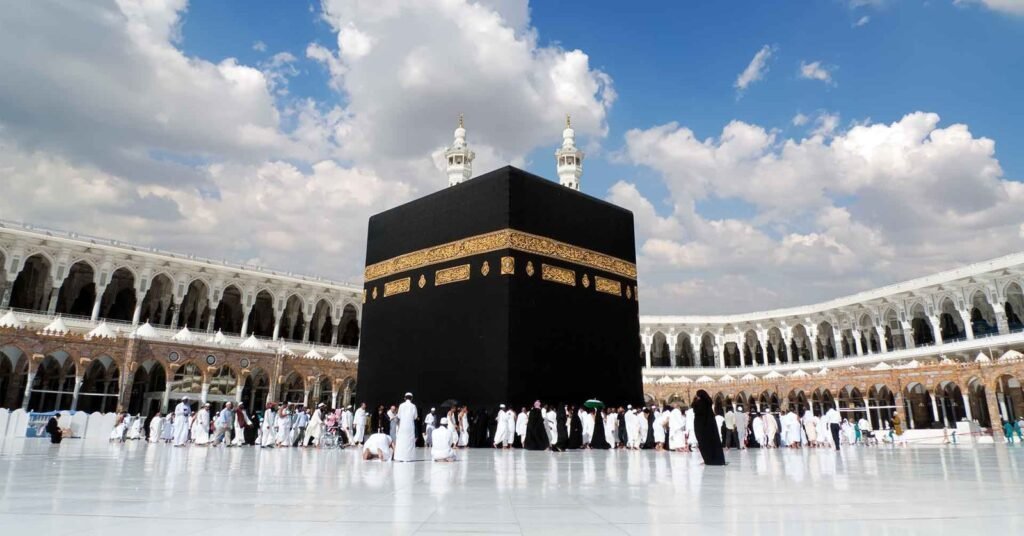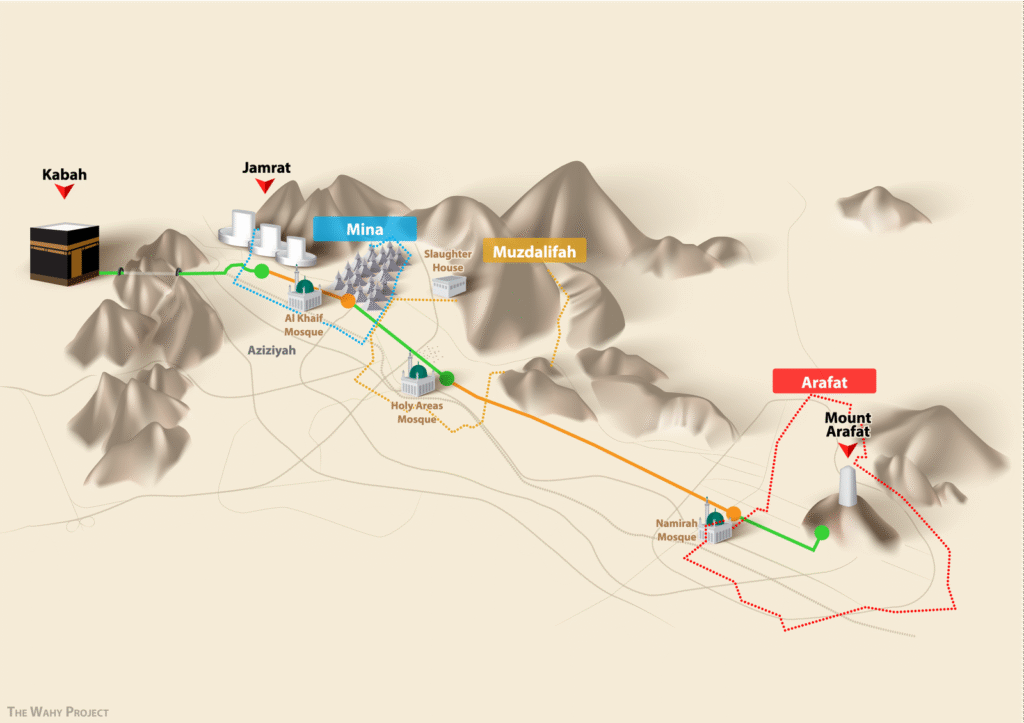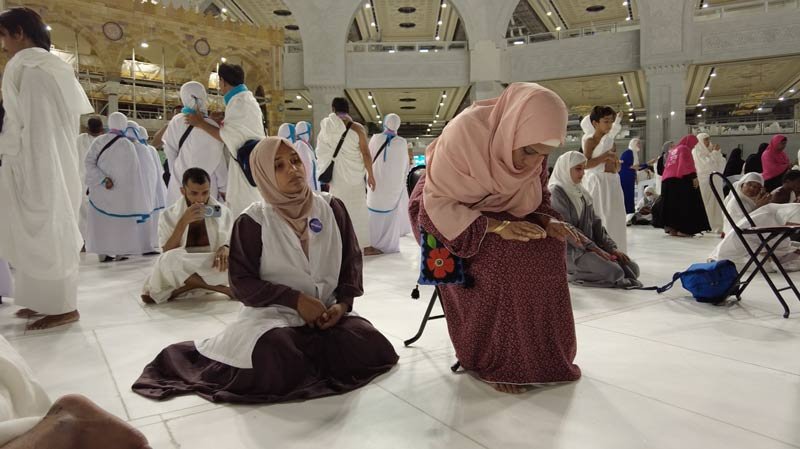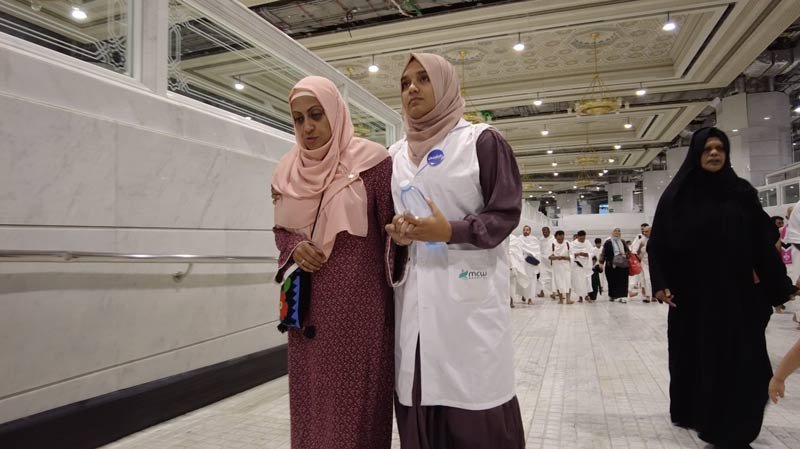What is HajjWell?
HajjWell is a dedicated medical aid initiative by Ibadah Welfare Foundation, designed to protect the health of pilgrims in Makkah and Madinah during Hajj. Over the course of 40 days, we aim to support 100,000 Hajjis every year by providing essential, life-saving medical care from emergency treatment to real time health support.
Care is delivered by roaming medical teams on the ground, backed by a network of 24/7 online doctors based in MCWH in Bangladesh, ensuring that no pilgrim is left without help when they need it most.
This is more than healthcare - it’s worship in action. HajjWell is a collective effort to honor and serve the guest of Allah during one of the holiest journeys on Earth, ensuring that every Hajji completed their pilgrimage safely, with dignity and peace of mind.
Where HajjWell Takes Place
- From Makkah to Muzdalifah, Mina and Arafat HajjWell operates across every critical point of the pilgrimage in the Kingdom of Saudi Arabia.
- Our mobile medical teams serve in outdoor zones where Hajjis are most vulnerable and urgent care is needed
- With no fixed tents, our teams move with pilgrims, ensuring support is always within reach, no matter where the journey leads.
Who Delivers the Care?
- 100 trained on site medical workers, providing round-the-clock care throughout the pilgrimage.
- Backed by 30 online doctors from MCWH, Bangladesh – offering real-time medical consultation and support.
- Coordinated seamlessly by Ibadah Welfare Foundation ensuring that every Hajji receives timely, compassionate care wherever they are.
Why It Matters
- Hajjis often suffer in silence without access to quick care
- Many are elderly, exhausted, or overwhelmed
- You can ease their burden — and earn the reward of helping Allah’s guests
Transparency
- Fully documented execution
- Regular project updates
- Financial tracking availability
- You’ll know exactly how your money is being spent
How It Works
- Hajjis in need receive free treatment (heat stress, dehydration, pain, etc).
- Our staff carries kits, hydration, and first aid essentials.
- They rest and rotate in public spaces between shifts.
- Cases needing advanced care are referred promptly.
- No tents or structures — mobile and responsive service.




